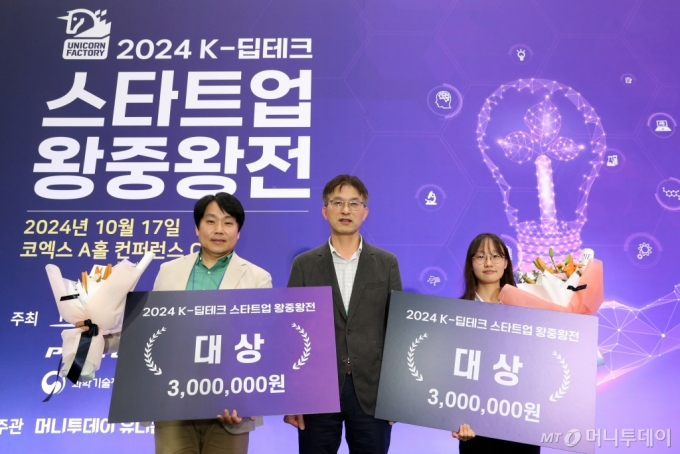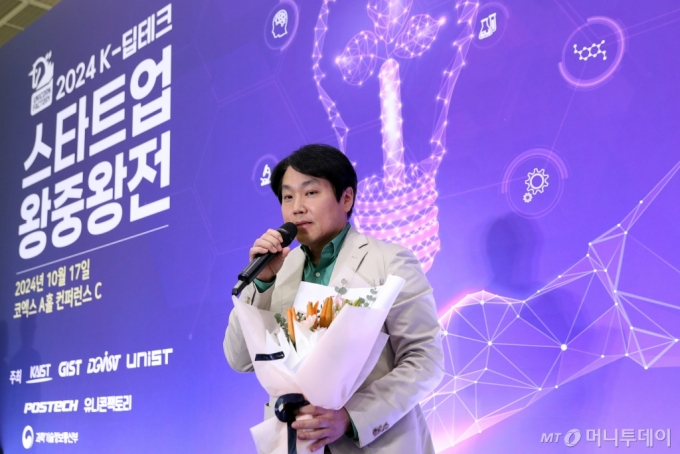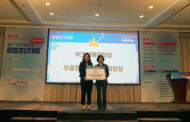Turnell Co., Ltd., the first in the world to develop ultra-low-power ternary semiconductors, has garnered significant recognition within the semiconductor industry. Founded by Professor Kyung Rok Kim from the Department of Electrical and Electronic Engineering at UNIST, the company is at the forefront of innovation in semiconductor technology.
On October 17, Turnell was awarded the grand prize in the faculty startup category at the ‘K-Deep Tech Startup Championship,’ held at COEX, Seoul, in acknowledgment of its groundbreaking advancements.
Turnell has fundamentally transformed the architecture of artificial intelligence (AI) semiconductors by employing ternary logic, which processes information using three values (0, 1, and 2), in contrast to the conventional binary system. This significant advancement addresses the critical power consumption challenges associated with existing AI semiconductors, often described as ‘electricity-eating hippos.’
The implementation of ternary logic substantially reduces data processing requirements. For instance, representing the number 128 necessitates only 5 bits in ternary, compared to 8 bits in binary. This efficiency not only accelerates computational performance but also considerably mitigates power consumption, subsequently addressing the excessive energy usage and heat generation commonly observed in data centers.
Key products developed by Turnell include T-SRAM, T-CIM, and UniBrain™, all based on trigonometric methods. T-SRAM, in particular, enhances storage capacity by up to 1.45 times that of standard SRAM while delivering exceptional power-saving features. Professor Kim stated, “Mass production of trigonometric semiconductors is feasible with minimal adjustments to existing production processes.”

Professor Kyung Rok Kim (left) from the Department of Electrical and Electronic Engineering at UNIST has been awarded the grand prize at the ‘K-Deep Tech Startup King of Kings Competition.’
As part of the award, Turnell will receive 3 million won in prize money along with various support services, including technical consulting and media promotion. Professor Kim articulated, “We aim to position Korea as a leader in the system semiconductor market based on the cutting-edge research conducted at UNIST.”
The K-Deep Tech Startup Championship evaluates outstanding startups from Korea’s top five science and technology universities, including UNIST, KAIST, GIST, DGIST, and POSTECH. This year marks the event’s third anniversary, with DGIST’s Questor, a developer of hand tracking glove technology with high precision and accuracy, winning the grand prize in the student startup category.














